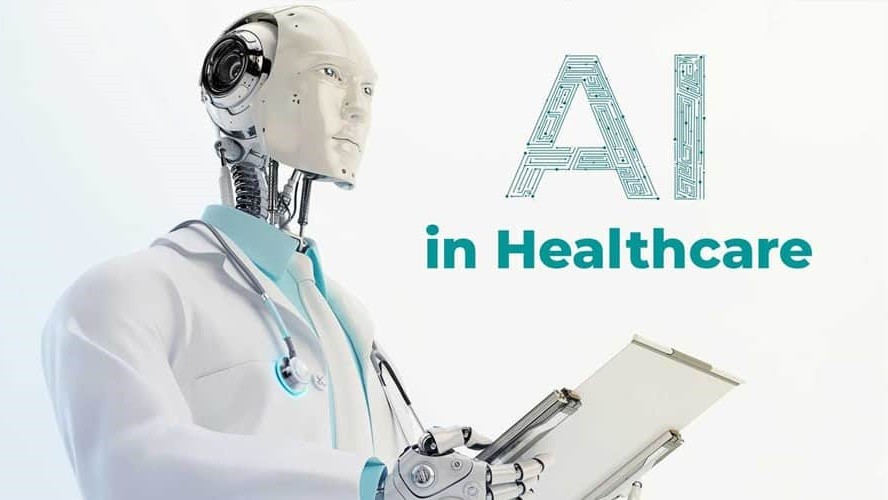Public health practitioners, under the Health Promotion and Education Alumni Association of the Ibadan College of Medicine, have issued a warning against the growing practice of using Artificial Intelligence (AI) for medical prescriptions, cautioning that it may pose significant health risks. The experts emphasized that depending on AI-generated advice without consulting qualified medical professionals could result in harm, as AI often overlooks the patient’s medical history.
The concern was raised by stakeholders, leaders, and health experts during the 2nd Annual General Meeting and Scientific Conference of the association, held at Koltotel Hotel in Ikolaba, Ibadan. The two-day event, themed “Artificial Intelligence and Innovations in Public Health,” focused on the opportunities and risks AI presents in healthcare.
Dr. Bright Orji, President of the association, acknowledged the potential of AI in revolutionizing public health but emphasized the need for caution and proper regulation. He highlighted that while AI can enhance service delivery, public health practitioners and consumers should be mindful of its limitations and risks.
“AI is here to stay, but its use, especially in healthcare, must be moderated. This conference aims to educate stakeholders on how AI can improve service delivery while also making them aware of its potential pitfalls,” Orji explained. He noted that misinformation during public health crises, such as the Ebola outbreak, showed the dangers of unchecked reliance on non-expert advice, underscoring the importance of deploying AI responsibly.
Dr. Orji also called for regulations to ensure AI is used appropriately, warning that improper use could lead to disinformation and mismanagement of health conditions. He pointed out that AI could assist healthcare professionals during ward rounds and improve evidence-based treatment, but it should not replace human expertise.
Professor Emmanuel Otolorin, President of the Ibadan College of Medicine Alumni Association (ICOMAA) Worldwide, echoed these concerns. While acknowledging the immense potential of AI in healthcare, he cautioned that AI-generated data could be unreliable or even harmful if misused. He pointed out that AI tools can “hallucinate” and create false information, including nonexistent medications and fabricated side effects.
“AI offers numerous opportunities, but it can also create risks if not handled properly. I’ve seen AI tools generate information that doesn’t exist, including drugs and side effects. Healthcare professionals must remain vigilant and knowledgeable enough to identify errors and not rely solely on AI,” Professor Otolorin warned.
He added that healthcare practitioners who make mistakes while using AI could face disciplinary action from the Nigerian Medical and Dental Council, emphasizing that AI should be viewed as a tool, not a replacement for professional judgment. Otolorin further warned the public against self-diagnosing with AI or using internet searches as a substitute for medical consultations, stressing the importance of expert advice.
“Patients must be cautious about using Google or AI as their doctor. Misdiagnosis can occur, and in a country where prescriptions are sometimes issued without proper oversight, the consequences can be severe,” Otolorin added.
The conference highlighted the need for proper AI integration in healthcare, with regulations to guide its use to ensure that both professionals and patients benefit from its advancements without compromising safety.




